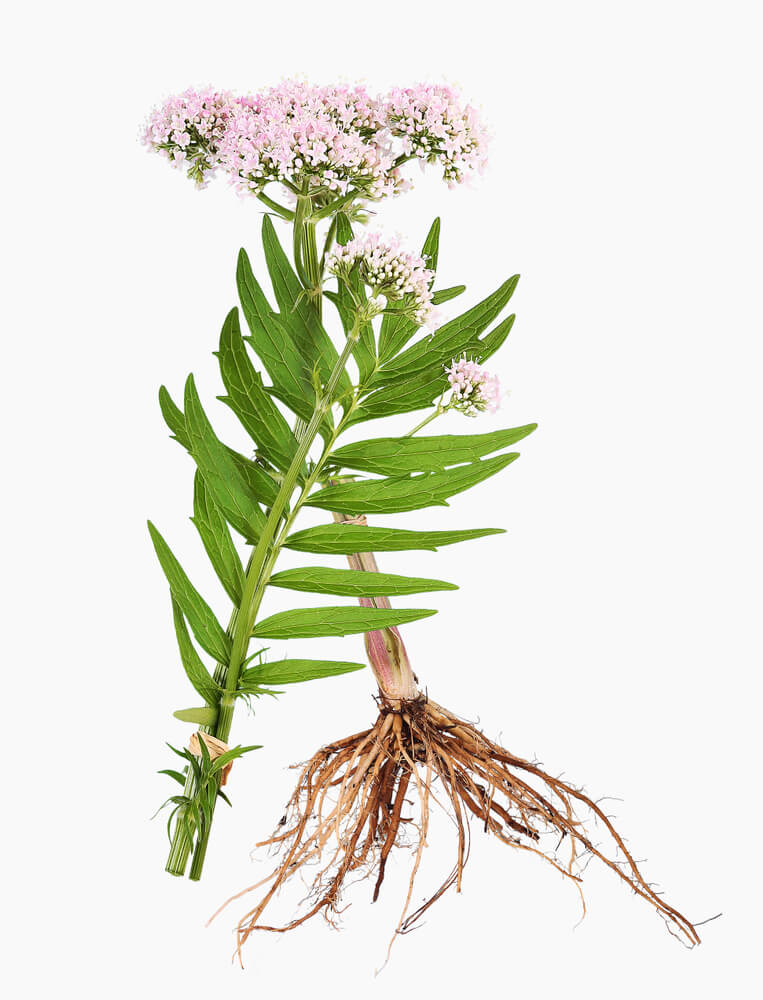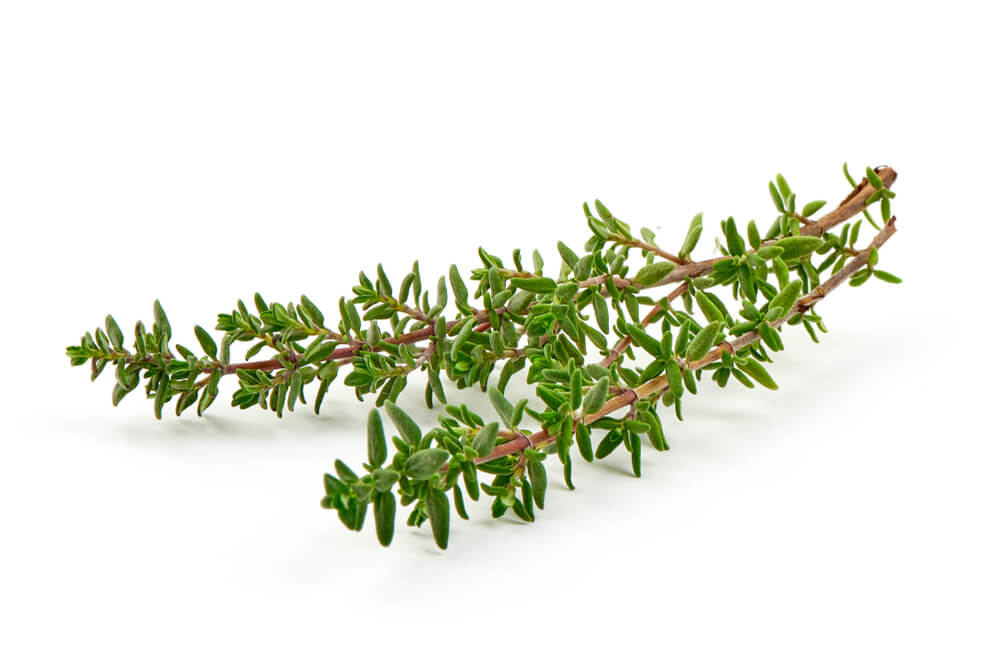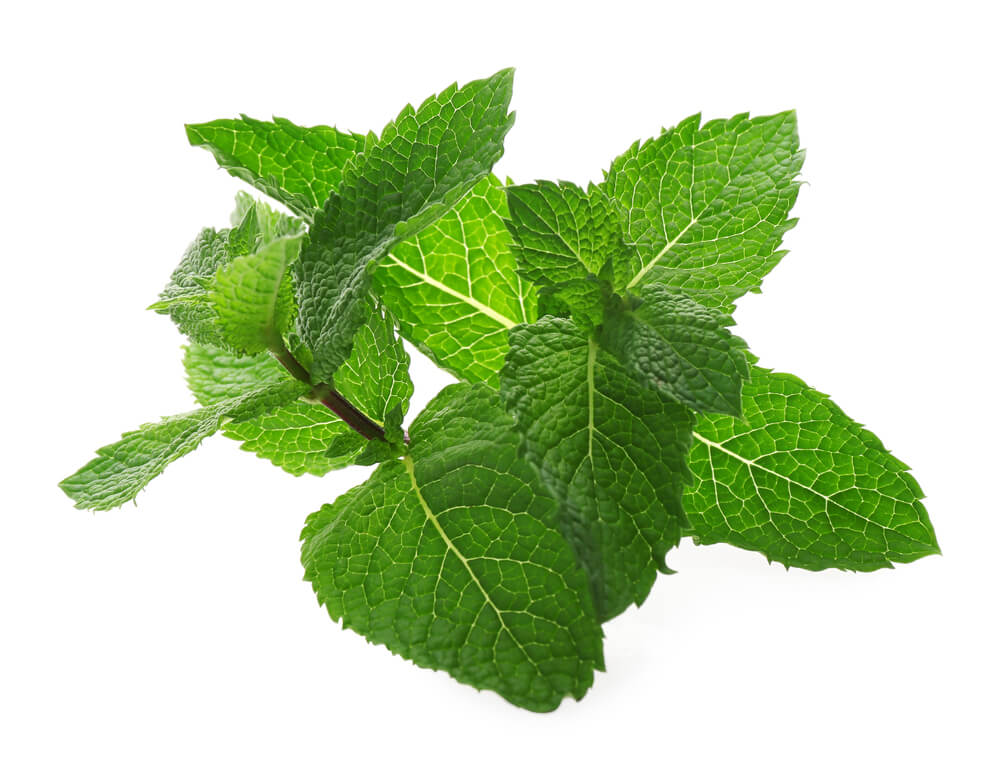Table of Contents
If you're looking for natural sleep aid, you can find several options in this article. These herbs include passionflower, Lavender, and Valerian root. The whole herb is gentle and mildly sedating, but a powdered extract is even more potent. If you're taking an herbal supplement, you can take it at bedtime as an herbal tea or capsule. Alternatively, a relaxing bath can help you fall asleep.
Valerian root
There is no doubt that consuming valerian root can help you sleep. Its sleep-promoting effects are attributed to the compounds in the root, which inhibit brain activity and reduce alertness. These compounds also influence the amygdala, which governs our stress and fight-or-flight response. In addition to helping you relax, valerian root is believed to lower levels of serotonin in the brain, a neurotransmitter responsible for feeling relaxed.
If you are worried about valerian affecting your liver, you should be aware that there is no known danger to pregnant or nursing women. However, the herb is not advisable to be taken for long durations. It is safe to take it in small doses and gradually wean yourself off. In any case, consult a doctor before taking any herbal supplements. In addition to valerian root, you should consult your doctor or pharmacist before taking any other herbal supplements.
Another herb known to help sleep is valerian root. It can be taken in tablet or liquid form. Valerian root is standardized to contain valeric acid, which improves sleep. But researchers do not know the exact ingredients in valerian root. While some people benefit from this herb, others may not. Valerian root is often combined with other herbs that help you relax, such as passionflower and lemon balm.
Chamomile
There are many different herbs and supplements to help you fall asleep, but perhaps none are as well known as chamomile. Chamomile has been used to promote sleep for centuries and is known for its safety profile. In addition to calming and sedative properties, chamomile has been used to reduce inflammation and treat muscle spasms. Chamomile tea is a natural solution for a lack of sleep.
In the case of chamomile, the flower contains essential oils that are relaxing for the nervous system. Lavender is also known to soothe nervous tension and induce sleep. Lavender is traditionally used as a soothing bedtime tea and can help with the treatment of insomnia and digestive complaints associated with nervous conditions. It can also be incorporated into a hot bath or applied topically to the skin. Chamomile tea has long been used for its ability to ease nervous tension and promote a calm, restful sleep.
Another effective herbal remedy for insomnia is chamomile tea. The gentle floral taste of chamomile tea is calming, while its apigenin content helps reduce inflammation and promote sleep. This plant is often used in herbal teas and can be consumed as a sitz bath. However, chamomile tea is not a substitute for a full chamomile bath. The benefits of chamomile tea include reducing anxiety, improving sleep quality, and minimizing nightmares.
Passionflower

The herb passionflower is used to help people sleep and is a common sedative. It is most effective when combined with valerian and passionflower. Passionflower can also help treat severe depression. These herbs have similar mechanisms, so you should consult your doctor before taking them. Passionflower is available as a tincture and tea bag. To make a cup of tea, steep the tea bag in 150 ml of boiling water for five to ten minutes. Loose tea should be measured at 2 grams or one tablespoon.
The amount of passionflower you should take varies depending on how it is prepared. A medicinal tea made from passionflower contains six to 10 grams of the herb per dose. The tincture form contains one to three milliliters of passionflower diluted in 45% ethanol. A few grams of passionflower encapsulated in capsule form can be taken to improve your sleep. The amount of passionflower used depends on its preparation and how much you drink.
Lavender
If you're a chronic insomniac, you might be wondering if lavender can help you sleep. This herb is rich in linalool, a compound that induces a state of sedation. The linalool in lavender oil works by acting on the GABA receptor, a neurotransmitter that reduces nerve cell excitation. This reduces nerve cell activity and promotes sleep in the concerned brain circuits. It has shown promising results in clinical studies.
The fragrance of lavender oil can relax people. The scent of lavender helps to create a pleasant environment for sleep. It also helps a person relax, because it makes them feel calm and safe. The body uses the association to form memories. Diffusing lavender essential oil before going to bed can help you unwind. And that's not all. The aromatherapy of lavender oil is effective for many different health conditions. It's also an excellent sleep aid for those with insomnia.
A lavender-based bedtime bath or facial massage will help you fall asleep without any difficulty. Lavender-based products are available at many stores. But if you prefer to make your own lavender sleep balm, you can find a recipe in an essential oil guidebook or download the Insomniac's Essential Oil Guidebook. It contains information on sleep profiles of 20 essential oils and 40 recipes for lavender-scented baths, candles, and more.
Californian poppy
The calming effects of the Californian poppy can be a welcome relief to restless sleep. This herb is similar to Opium in its soothing effect on the nervous system. It works by cooling edgy emotions and relaxing the airways, making it perfect for those nights when you just can't get to sleep. Aside from relaxing the body, it also soothes the tight chest during the night. In addition to its soothing effect on sleep, the Californian poppy is safe to use for people of all ages.
You can take a tincture containing Californian poppy as a way to relax muscles and promote sleep. A dose of fifteen to twenty-five drops taken under the tongue three times a day will provide a natural sedative effect, which should help you fall asleep more quickly. However, if you wake up in the middle of the night, you might want to consider a different approach.
Thyme

Thyme has been used for thousands of years as a stress and anxiety-relieving herb. The Romans, for example, believed that putting thyme under their pillow before sleep would ensure a restful sleep. Other benefits include a feeling of relaxation and calm. Thyme contains vitamin B6, also known as pyridoxine. This vitamin aids the body in constructing neurotransmitters like serotonin, which can help people deal with depression, anxiety, and other problems.
In Europe, people would place sprigs of thyme under their pillows to prevent nightmares. Today, you can take thyme oil in a diffuser by your bedside to experience the same benefits. The herbs can also be used to fight insomnia. Thyme is one of the oldest known herbs for promoting sleep. If you want to try them, be sure to choose the right type and dosage for your needs. Don't take more than two or three at a time. This can mess with your sleep schedule and could make things worse.
Basil
The ancient art of making herbal tea has been adapted to help sleep disorders. Holy Basil, a perennial plant native to the Indian subcontinent, has been used for centuries as a remedy for a wide range of ailments. It relieves anxiety, reduces stress, and promotes a balanced mood. Its soothing properties are used by many to help them get a better night's sleep. It is also used to treat insomnia and pain.
Holy Basil has a calming effect. Taking it before bedtime will help you get a better night's sleep. A study showed that the herb was effective at reducing stress levels. It also reduced tissue damage, improved metabolism, and lowered sexual dysfunction among stressed men and women. Holy Basil is also an effective analgesic, antibacterial, antifungal, and antibacterial, and it reduces muscle tension and joint pain.
The poppy plant has bright orange leaves. To get rid of insomnia, you can steep its leaves in water and rub the poppy oil directly onto the muscles and joints. Another method is to ingest the tea to get mild benefits. Various methods of taking herbal remedies for insomnia vary, depending on the type of herb and desired effect. There are some common herbal remedies for insomnia, including chamomile and lavender. Basil, chamomile, and holy basil are some of the most popular herbs that help you sleep.
Peppermint

If you want to know if peppermint can really help you sleep, keep reading! The herb is popularly used in toothpaste and gum, but did you know it can also be used to treat cold symptoms? Peppermint's main active ingredient, menthol, is believed to help clear the respiratory system and alleviate symptoms of seasonal allergies and indigestion. It may also help with respiratory problems and promote relaxation.
There are many ways to use peppermint to help you sleep, from drinking peppermint tea to growing it in your own garden. The herb is easy to grow and requires little maintenance, but it can become invasive if not kept under control. A cup of peppermint tea before bed can help you get a good night's sleep by increasing blood flow and relaxing muscles. In addition to being a natural sleep aid, peppermint can be applied topically to the skin for pain relief.
In addition to making peppermint tea, peppermint essential oil is used as a mouthwash. It can also calm nerves and de-stress people. Peppermint tea can be prepared at home with a tea bag or fresh mint leaves. Just make sure you rinse them well. The essential oil contains menthol, which is antimicrobial and can be used as a mouthwash. For those who prefer peppermint as a supplement, try peppermint tincture or an essential oil blend.




Comments
Loading…